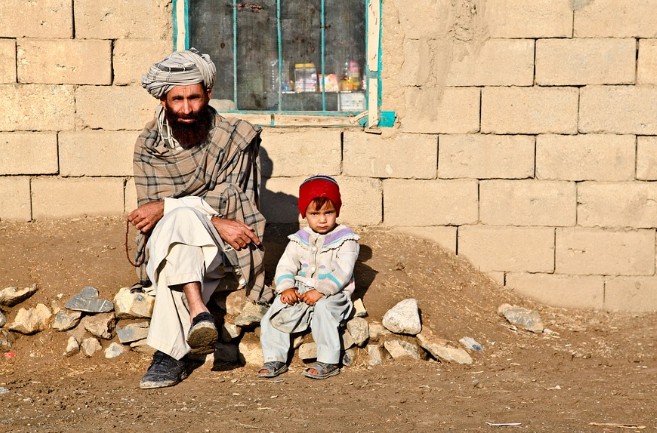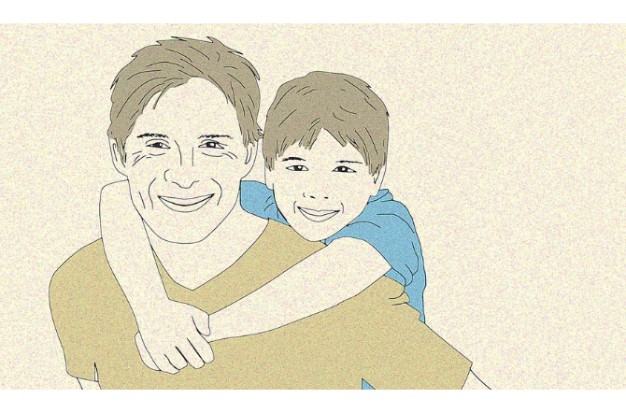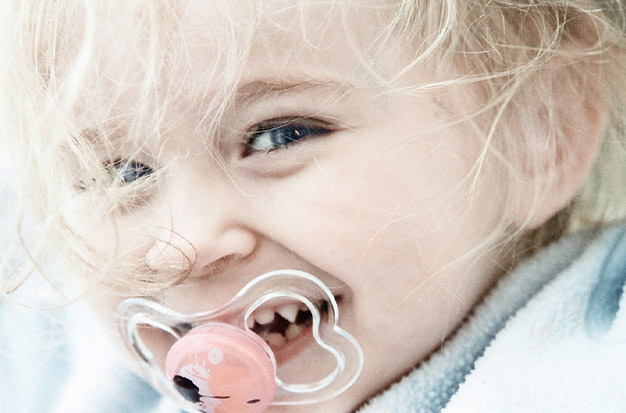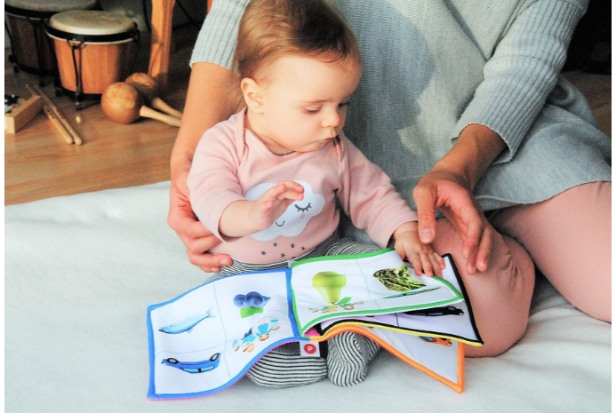Dads play a significant part in children’s developmental stages. The ability to perform in life, achieve academic goals, and live a full life depends on having a father figure in the child’s life. Unfortunately, not everyone is cut out to be a father. Many kids are left to wonder “why does my dad hate me?”
Major Reasons Why Your Dad Hates You
Your father doesn’t like you as his son or daughter for a variety of reasons. Such an impression can be created by a number of factors that are too numerous to list.
He Is Disturbed By Your Presence
A father typically has to handle a lot of issues at once. He finds it challenging to run his own life as a result. If your dad is constantly busy, he may begin to view you as a disturbance or a source of distraction.
This quiet feeling would gradually grow stronger over time to the point where your father would become irritated whenever you approached him.
It’s possible that your father has unresolved childhood trauma. If this is the case, his capacity to carry out his duties will be significantly reduced as a result of this inability to do so. Humans link things. He might act hostile toward you if your presence is connected to unfavorable events in his life.
He Expects You To Be Flawless
The second main factor is that your father typically has high standards for you two. Furthermore, that perfection is outlined and assessed in terms of a predetermined set of standards.
Before you were born, your father may have acquired these morals and values. He wants you to abide by a set of guidelines that he defines in order for him to view you as his ideal offspring.
If you don’t adopt his behaviors and decisions, you’ll be seen as having failed to succeed. The majority of the time, people misjudge your independent behavior as being disrespectful or defiant. The desire to continue being ourselves after this life ends is innate in humans.
This intrinsic desire that your father tries to impose on you cannot be satisfied if you have a tendency toward standards and principles that are contrary to them.
You Made A Severe Mistake
One of the most likely explanations for why you might believe your father despises you is making a serious error. Depending on your family’s or religion’s guiding principles, mistakes can vary.
Your parents may find it challenging to watch you grow up. Especially if we make decisions that they don’t endorse or concur with. Using drugs, gambling, gambling, or getting pregnant before marriage are a few examples.
There’s a good chance that your father will react strongly if you make decisions that go against the principles and standards of your upbringing. You might think he hates you because of the harsh response. More rigidity than mothers is a common trait among fathers. He might be worried about you, and the only way he can express that worry to you is by getting angry.
He Considers You A Liability
Parenting can be demanding and tiresome. You might become aware of how much of a responsibility you have for your parents if you consider their lives before you were born. Increased responsibilities following a child’s birth can aggravate some parents to the point where they begin to despise this way of life. Every bit of their independence and freedom is taken away. It can be incredibly enjoyable and addictive to have the freedom to do whatever one wants.
However, after you were born, your father lost his freedom and was unable to go out on a night out with his friends from high school or to a football game.
Even if he does not express it clearly, this can be irritating. This change occurred at the time I became a parent. Many people fail to recognize how having a child can drastically alter one’s circumstances. Some couples can handle the changes that come with becoming parents, while others would be better off without them. Whether we like it or not, many couples choose to have children in an effort to maintain their union.
Newborn children were supposed to serve as the “glue” that held their parents’ relationship together. And when the children fail to maintain the relationship, the parents frequently hold them accountable. Parents will ignore their children and view them as liabilities if this goes unnoticed and untreated.

His Actions Feel Unloving
You might not have a specific reason to believe your father despises you. It’s possible that the hurt feelings you’re experiencing are the result of years of your father abusing you, which you now perceive as him not loving you. You might wonder if he really meant those things given the emotional distress his actions and words caused.
Because he doesn’t spend enough time with you, you might think your father despises you. When he decides to pursue other interests rather than spending his downtime with you, you might feel bad.
Mental Issues
Abuse of the body, mind, and tongue may also be caused by mental disorders. It’s possible that your father has a mental illness but isn’t aware of it. His behaviors, judgment, mood swings, and perception of reality can all be impacted by a variety of mental health issues.
Bipolar disorder, depression, schizophrenia, and disorders linked to traumatic experiences are just a few of the typical mental illnesses that could influence your dad’s behavior. Because he sees things differently than most people, your dad starts a chain of events that eventually leads you to believe that he despises you.
It is best to consult professionals and ask for their assistance if you are concerned that your dad may be suffering from a mental illness.
How Can You Tell Whether Your Father Despises You?
If you’re a younger person reading this article, you may be wondering if the way your father treats you borders on hating you. Here are a few warning signs that your relationship with your father might be toxic.
Yelling
All parents eventually scream. in particular if they are stressed, overwhelmed, or simply having a bad day. Because they are present when the parent experiences these feelings, children frequently take the brunt of it.
But if you believe your father yells at you excessively and frequently without cause, this behavior might raise a red flag. When your entry causes your father’s mood to abruptly change, there is no doubt that things between you two are tense.
Using Abusive Words
The dynamics of every family vary. Some households feel at ease using profanity and harsh language. Everyone involved in the dynamic is in agreement with this kind of behavior, and it doesn’t seem to bother them as much as it might to outsiders.
However, if this isn’t a family issue and the abusive, humiliating, and hurtful words are directed specifically at you, this is yet another indication that something is wrong. You shouldn’t feel insufficient, hurt, or embarrassed by the way your father talks to you.
Dad Telling You He Hates You
If your father tells you straight out that he despises you, there is no clearer sign than that. There is never a reason for a father to tell a child that he despises them, not even in a fit of rage, stress, or general tension! Typically, the yelling and abusive language from your father accompany him telling you that he despises you.
Watch this brief video featuring renowned clinical psychologist Dr. This video, by Ramani Durvasula, discusses narcissistic personality disorder, which may be one of the causes of your father’s hatred for you.
Why Does My Dad Love My Brother Or Sister But Hate Me?
Very often parents will make it very obvious that they “prefer” one sibling over another. Sibling rivalry may result from this, shattering bonds that should give children strength.
Ever heard of the “grass is always greener syndrome?” Regarding your perception of your siblings’ relationship with your father, this is speaking of any assumptions you may have. You think it’s more devoted and considerate than you are. This belief frequently enables you to see the brother-sister and father-son relationship in an exaggerated way. Although you might believe it to be better, it is not.
How To Deal With A Father Who Hates Me
There are a few things you can do to make things better before you give up on your father’s relationship. Even though there is no guarantee that they will, making an effort to fix the problem will not only demonstrate your character but also might help to mend a damaged relationship. You could try the following advice.
Love Yourself And Parent Yourself
Because you feel like there’s something wrong with you in this kind of circumstance, it’s very simple to stop loving yourself. Don’t let your sense of inadequacy consume you. Practice self-affirming behaviors and keep reminding yourself of who you are and what you can offer.
You may need to parent yourself at times because of this. Watch out for yourself, behave responsibly, and follow the house’s general rules. (Rules such as curfews, homework and chores)
Become More A Grown Up Than He Is
You must be more mature than your father. In other words, don’t lower yourself to his level. Don’t act in the same way as him or copy his actions. Don’t yell back if he does. Step aside and choose the right path. Behave in a way that would be more adult-like.
Talk To Your Peers
Talk to your peers if you believe you are the only one going through this. It’s possible that someone else in your social circle is dealing with the same issue. A great way to get support, advice, and even to keep your positive attitude is to talk to your peers.
Conclusion
Even if you think your parents only have your best interests in mind, receiving yet another harsh lesson won’t necessarily be made any less painful by this realization.
Family therapy can assist you in working together to resolve conflict constructively and develop a stronger, healthier relationship when frequent arguments or a disregard for your needs make you question their love.



